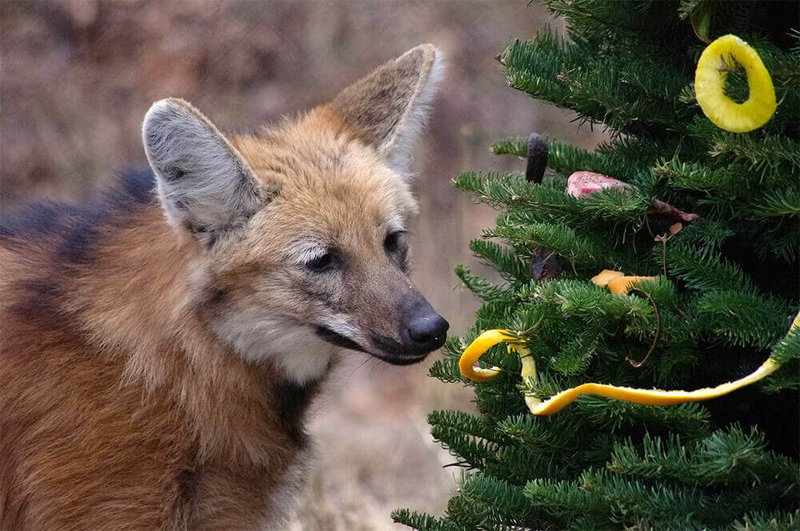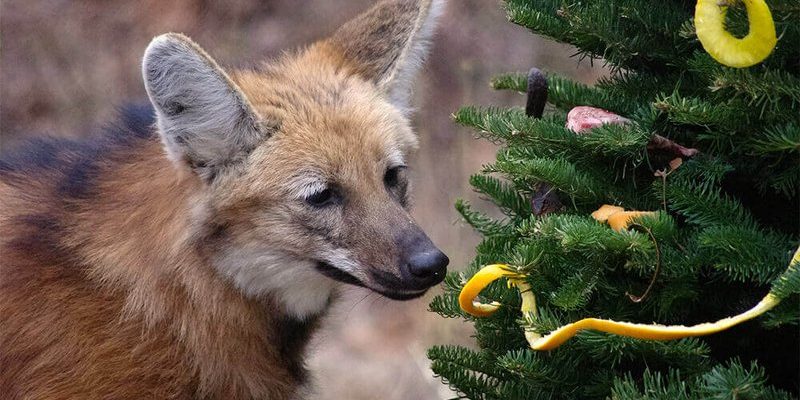
You might be wondering if the maned wolf is endangered and what that means for its future. To put it simply, the survival of this unique species hangs in the balance due to habitat loss and human activity. Just like a suspenseful movie, the plot thickens as we dive deeper into the world of this fascinating animal and explore the current conservation efforts aimed at preserving its existence.
Understanding The Maned Wolf
The maned wolf (Chrysocyon brachyura) is unlike any other species. Think of it as a blend of a wolf and a fox, but with its own distinct charm. It stands about three feet tall at the shoulder and can weigh between 50 to 90 pounds. Its long legs are perfectly designed for running through tall grass, while its large ears help it pick up sounds from afar. Honestly, who wouldn’t be captivated by such a unique creature?
What really sets the maned wolf apart is its diet. Unlike traditional wolves that prefer meat, maned wolves are omnivores. They enjoy a varied menu comprising fruits, insects, and small animals. One of their favorites? The tasty lobeira fruit, also known as the wolf’s apple. This unique diet reflects their adaptability and plays a crucial role in their ecosystem.
Unfortunately, these striking creatures are often overshadowed by more popular animals. Many people might not even know they exist. That’s a big part of the problem: lack of awareness leads to a lack of action.
Current Status: Is The Maned Wolf Endangered?
You might be asking, “So, are maned wolves endangered or what?” Well, the short answer is yes; they are classified as “Near Threatened” by the IUCN (International Union for Conservation of Nature). This classification means they are at risk of becoming endangered without proper conservation efforts in place. It’s a little like living on a tightrope—one wrong move could tip them into deeper trouble.
The maned wolf’s population is shrinking primarily due to habitat loss. Urban development, agriculture, and deforestation have all contributed to their dwindling spaces. As humans continue to expand into their territories, maned wolves face increasing challenges in finding food and shelter. Imagine trying to find your favorite coffee shop in a busy city that keeps getting bigger and bigger—it becomes harder to enjoy what you love.
Furthermore, these wolves face threats from hunting and road accidents. Their long legs might make them look graceful, but they struggle to navigate human-dominated landscapes safely.
Conservation Efforts Around The Globe
Fortunately, there are many dedicated organizations working to protect the maned wolf and its habitat. Initiatives like habitat restoration, legal protections, and awareness campaigns are being launched to boost the population.
One effective method has been the establishment of protected areas, which are crucial for their survival. National parks and reserves provide safe havens where maned wolves can roam freely. For example, places like Emas National Park in Brazil are dedicated to preserving this unique ecosystem.
Moreover, educating the local communities about the importance of the maned wolf plays a vital role in conservation. By involving local populations, conservationists aim to create a community of stewards who understand these animals’ value and support their protection.
What You Can Do to Help
Even if you’re not an expert in wildlife conservation, there are simple ways you can contribute to the cause. Here are a few ideas:
- Support Wildlife Organizations: Consider donating to or volunteering with organizations that work towards maned wolf conservation.
- Spread Awareness: Share information about the maned wolf on social media or among your friends. The more people know, the better!
- Practice Responsible Tourism: If you visit regions where maned wolves live, ensure your activities do not disturb their habitats.
Every action counts, even the smallest ones. Just think—a little awareness can go a long way!
The Role of Biodiversity in Ecosystem Health
Now let’s talk about why the maned wolf matters, not just for itself but for the entire ecosystem. Biodiversity is crucial for a healthy environment, and every species plays its part. Maned wolves help maintain balanced ecosystems by controlling populations of small mammals and dispersing seeds through their varied diet. It’s like a well-oiled machine; remove one part, and the whole system can falter.
As apex predators, maned wolves influence the populations of other animals, which helps keep various species in check. This balance ensures that no single species dominates and that the environment remains healthy. By conserving the maned wolf, we’re also ensuring the well-being of the ecosystems they inhabit.
Future Outlook for the Maned Wolf
The future of the maned wolf isn’t all doom and gloom, thanks to ongoing conservation efforts and growing awareness. With targeted actions and community involvement, it’s possible to reverse the trends of decline. There’s a glimmer of hope as more people recognize the importance of protecting this unique species.
You might feel inspired to look deeper into conservation efforts, and that’s fantastic! Engaging with nature and supporting wildlife can truly make a difference. The road ahead may be challenging, but with collective effort, we can help ensure that the maned wolf continues to roam the grasslands for generations to come.
In conclusion, the maned wolf, with its striking appearance and unique lifestyle, is a species worth saving. It may not be as famous as other wildlife, but its role in our ecosystem is just as important. By understanding the issues it faces and taking action, we can contribute to a brighter future for this remarkable animal. So, the next time you think of wolves, remember the maned wolf and the stories it has to tell.

